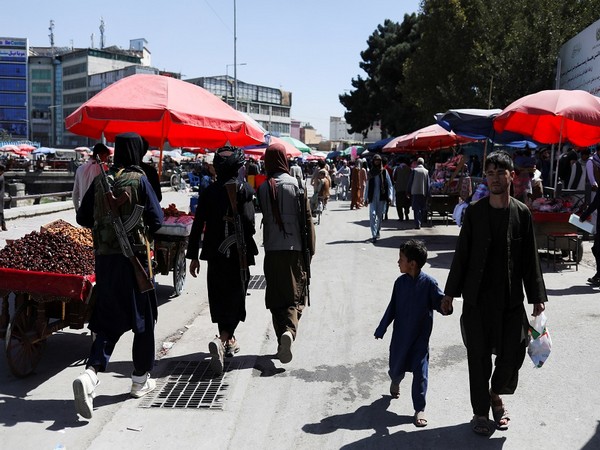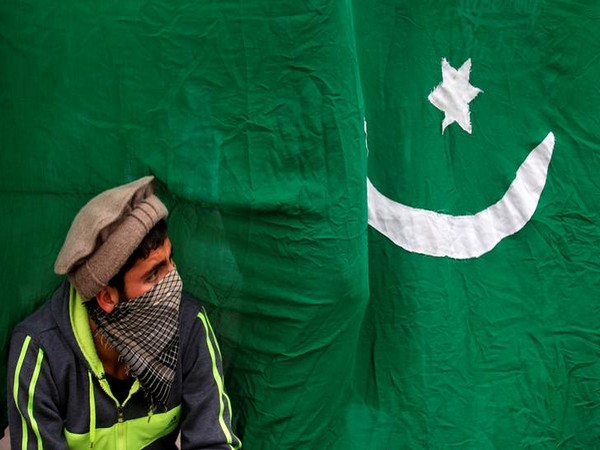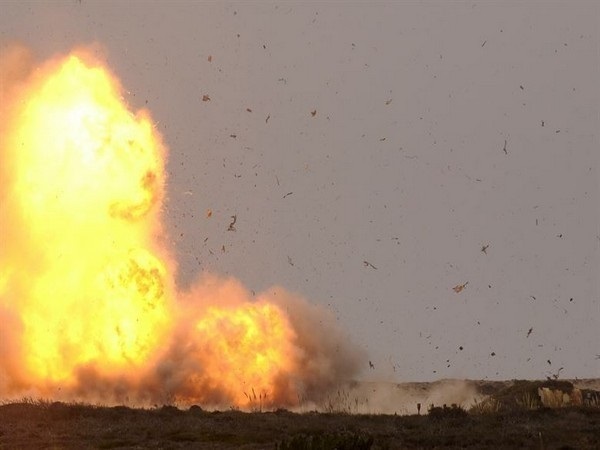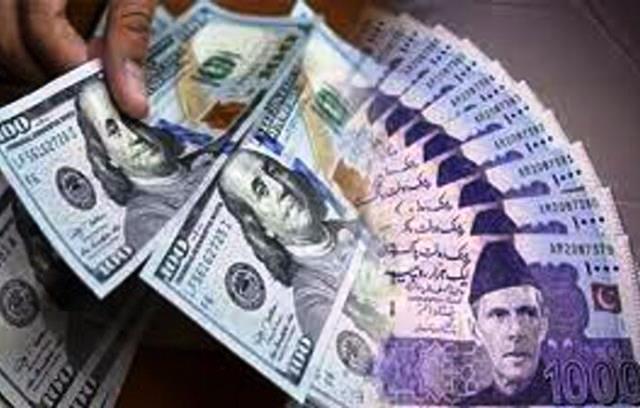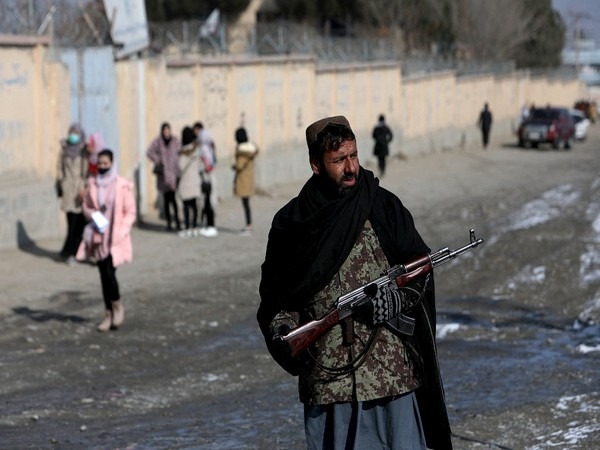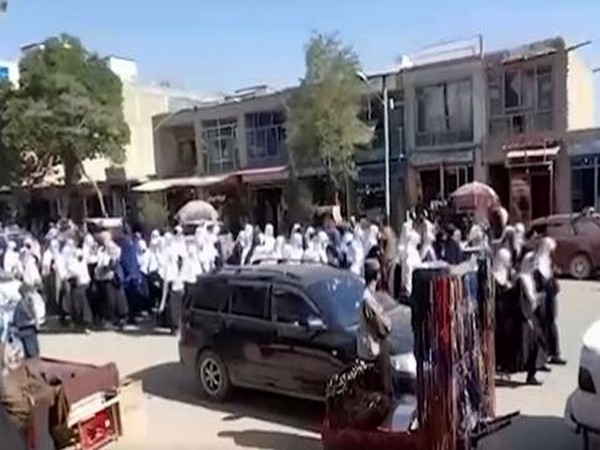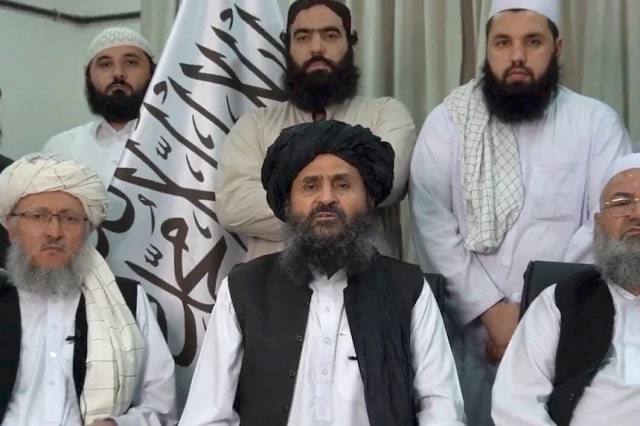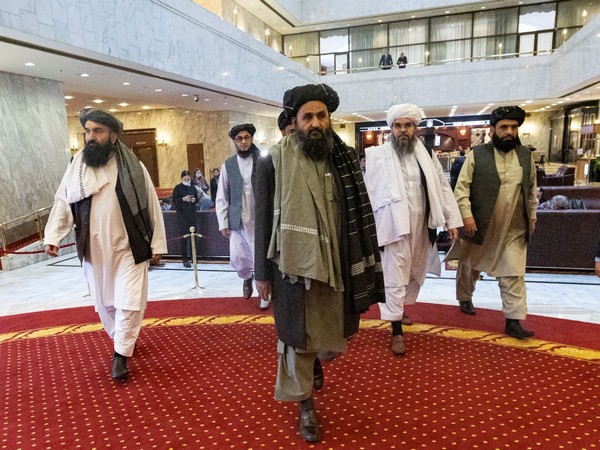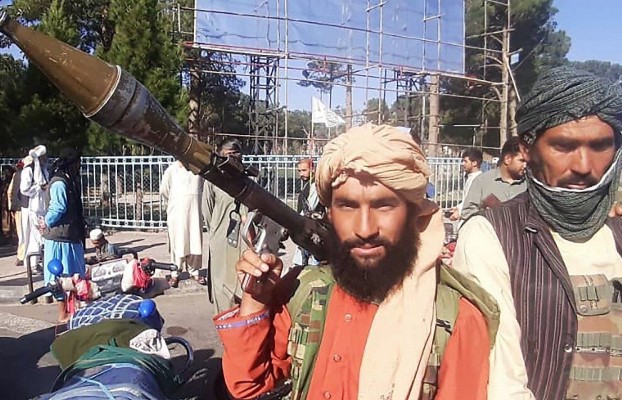In Afghanistan, the Taliban continue to torture and detainment forcefully security officials who had worked under the previous government, because of which the life of these officials has become miserable, according to a report in the Afghan Diaspora Network (ADN).
The Taliban took over Afghanistan after US and NATO forces left in August 2021. Several reports and incidents of killings, torture, and forced detainment of security officials who had worked under the previous government have been observed, because of which the life of these officials has become miserable, says the report.
All these incidents are the result of retaliatory revenge that the Taliban is trying to assert on these former officials from the Afghan police, army, intelligence, and militias that were fending off the Taliban with the help of NATO forces says the author of ADN report, Elhamudin Afghan.
Many of these former defence officials were successfully able to flee Afghanistan as they were well connected to officials in the US and NATO forces. At present many of these security officials who have escaped have settled in western countries or have crossed the border and reached Iran. However, those who were unsuccessful in leaving Afghanistan when the Taliban took over in 2021 are now bearing the brunt.
For the past two weeks, there have been daily reports of killings in the eastern region of Nangarhar province. ADN reported quoting Radio Azadi which reported that the bodies of six people associated with the former government were found in different areas of Jalalabad City. Much like what happened in Eastern Nangarhar, in Kabul, an elite forces soldier of the former government was killed along with his two brothers and his cousin in recent weeks, the report mentioned.
ADN reported quoting a November 2021 Human Rights Watch report to state that the Taliban had killed more than 100 of these former Afghan defence officials within just three months of their takeover of Afghanistan’s Ghazni, Helmand, Kunduz, and Kandahar provinces.
During that time Afghan social media users shared many graphic videos of torture and killings done by the Taliban to grab the attention of the western forces. It is pertinent to say that no government has yet recognized the Taliban’s government.
Locals of Eastern Nuristan province said that the district officials of the Taliban in Laghman province have arrested, tortured, and then killed in September this year, Bahrumudin Nuristani who was a commander in the previous Afghan army in the Mandol district.
People in the Mandol and Doaba districts of Nuristan province demanded a probe into Nuristani’s murder. ADN reported quoting a BBC report that the Taliban had admitted that Nuristani was arrested and later died in Taliban’s detention.
ADN took interviews of two members of the former Afghan security forces- Shawkat Tareen and Abdullah Bawar – both pseudonyms used by the writer to hide the identities for security reasons.
Tareen recalled the day when the Taliban took over, a day that he and all his colleagues cried. That day people from the Taliban tore Afghan flags, scattered papers, and insulted them. And now they have no hope for life as they are now suffering, he was quoted as saying.
“I remember that, on the day of the regime’s fall, most of the soldiers cried. The Taliban pulled down our national flag, scattered our papers, and insulted us. This is our terrible memory. Now we have no hope in life because we are suffering,” Tareen said.
The former Afghan official said that he now has neither physical, mental, social, nor economic security, he is currently unemployed, depressed, and can sleep only with the help of sleeping pills.
He also pointed out that he was frightened about hearing that four of his former colleagues had died between Iran and Turkey on the road to Europe and that his two daughters are suffering under the Taliban regime, which has banned girls from attending schools beyond the sixth class.
Similarly, another security official from Eastern Laghman province quoted in the ADN report states he was detained but released in August 2021. He said in the interview given to ADN that he now does not believe that he will be able to see an organized military for Afghanistan and added that if he gets a chance he will flee Afghanistan.
The ADN report points out that in recent months, Afghan social media users have started a campaign to gain the attention of Western countries that had been engaged in Afghanistan, begging them to save the lives of former Afghan security forces stuck in Afghanistan. (ANI)
Read More: https://lokmarg.com/
